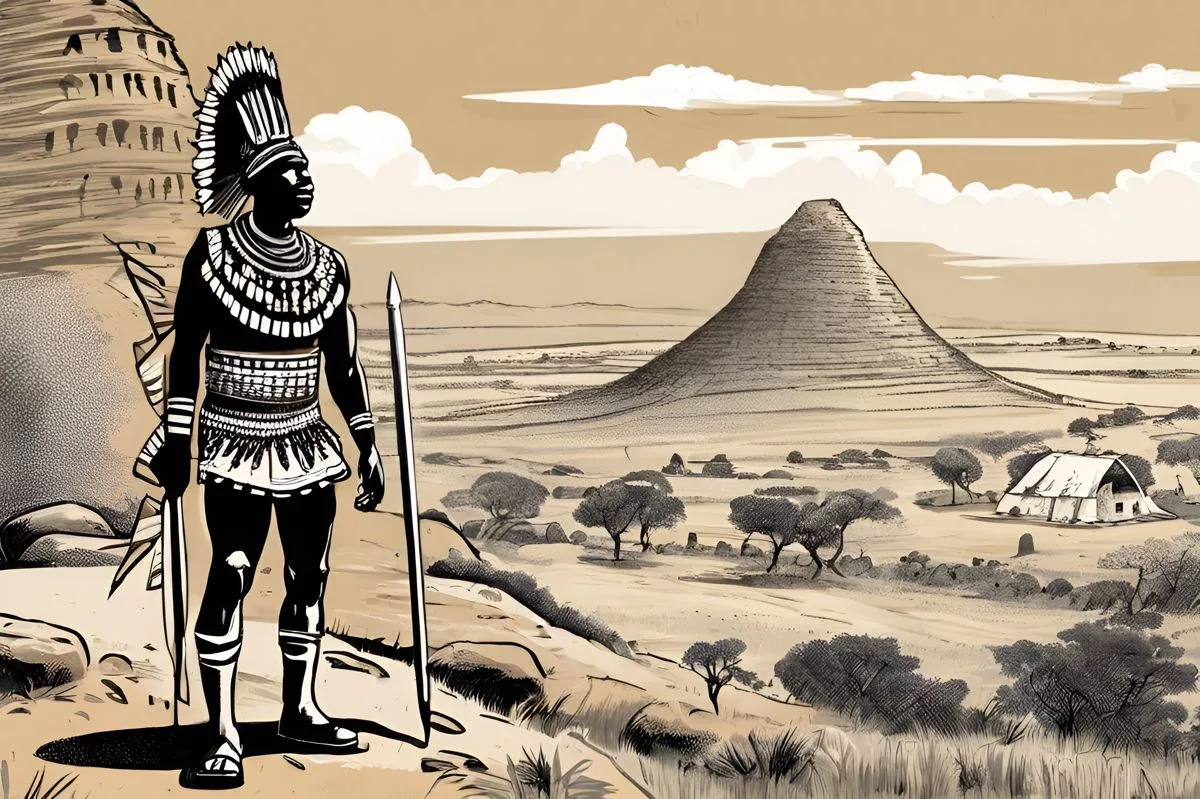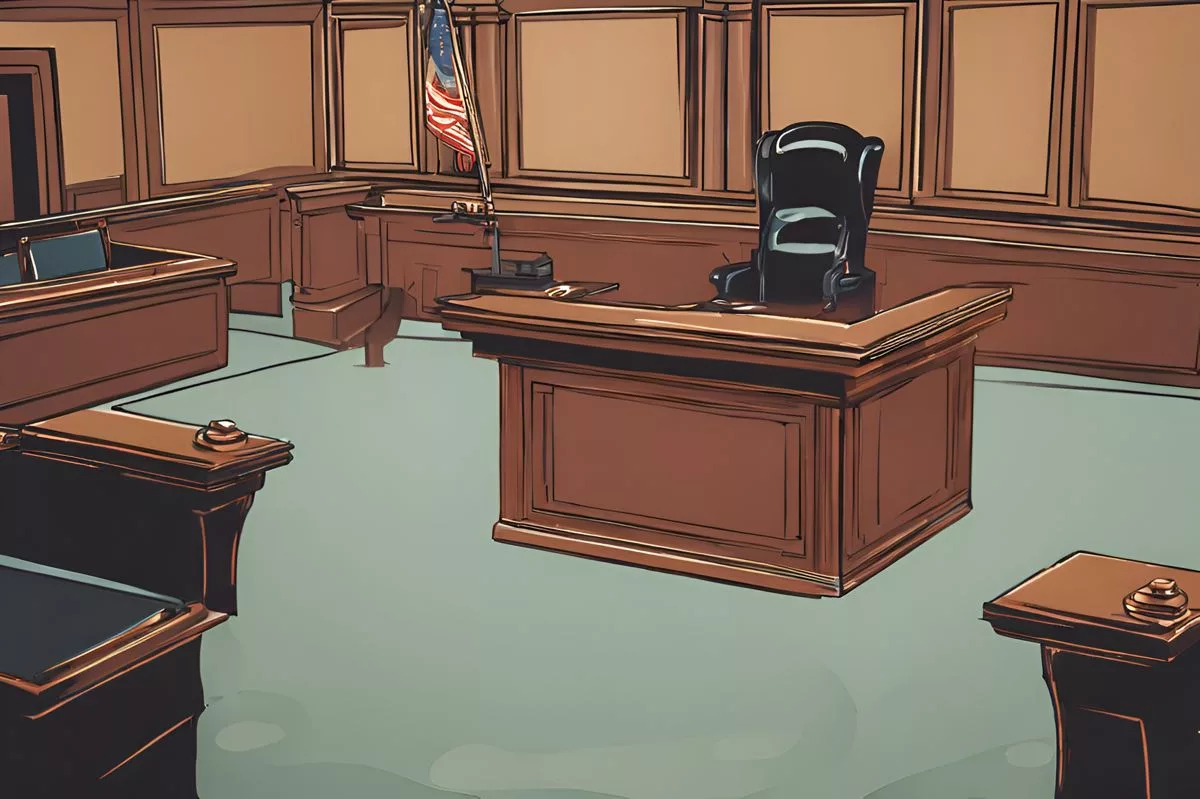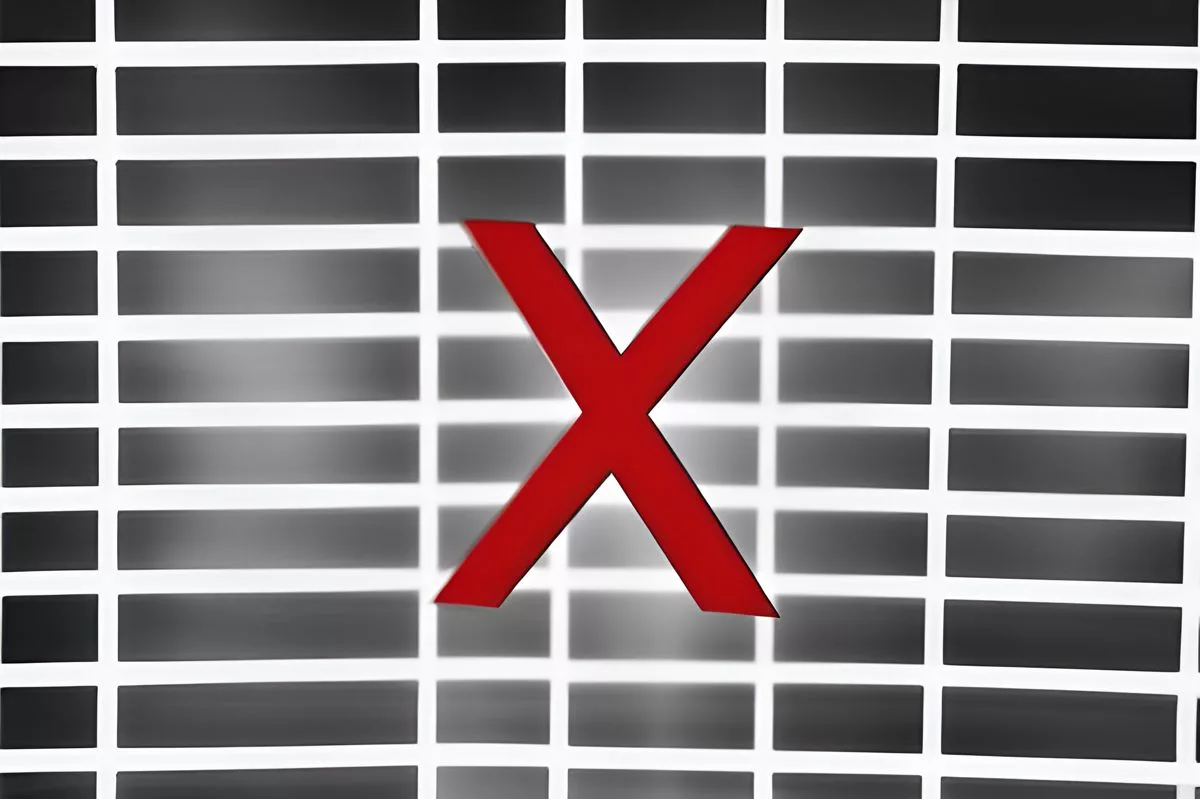The dispute marks a pivotal moment in Zulu culture, symbolizing the enduring spirit of the nation. South Africa is buzzing with dialogues and expectations as President Cyril Ramaphosa contests the legitimacy of King Misuzulu kaZwelithini’s rule over the amaZulu nation. Meanwhile, South Africa’s international partnerships with Cyprus and the EU highlight the importance of global cooperation in periods of transformation and ambiguity. All these events underscore the delicate balance between tradition and the law in a nation deeply ingrained in both realms.
South Africa’s rich tapestry of history and tradition is once again at the forefront as President Cyril Ramaphosa has received approval to contest the legitimacy of King Misuzulu kaZwelithini as the ruler of the amaZulu nation. With the case ready to reach the Supreme Court of Appeal in Bloemfontein, the country is abuzz with dialogues and expectations.
The Significance of the Dispute Surrounding King Misuzulu’s Rise to Power
The dispute surrounding King Misuzulu’s ascent to power is a pivotal moment in Zulu culture. Amid the judicial proceedings, King Misuzulu staged a cultural spectacle by dispatching the Zulu regiments, known as Amabutho, to the historically charged site of Isandlwana. This gesture pays homage to the 1879 battle and symbolizes the enduring spirit of the Zulu nation.
South Africa’s International Partnerships
South Africa’s international partnerships with countries like Cyprus and the European Union continue to illuminate pathways of economic and diplomatic cooperation. The bond with Cyprus dates back to its independence, with both nations hosting high commissions in their respective capitals. South Africa’s strategic alliance with the EU fosters a thriving trade relationship fortified by the Trade, Development, and Cooperation Agreement (TDCA).
The Importance of Global Cooperation
The bilateral arrangements between Cyprus and South Africa serve to stimulate economic exchange, enriching the prosperity of both nations. These cordial relations underscore the importance of global cooperation, particularly during periods of domestic transformation and judicial ambiguity.
Balancing Tradition and Law
The ongoing legal battle surrounding King Misuzulu’s recognition highlights the delicate balance between tradition and the law in a nation deeply ingrained in both realms. As the legal odyssey unfolds, residents across the country are watching with bated breath, aware of the cultural and historical implications the final verdict will have on the heart of the amaZulu kingdom and South Africa’s standing on the world stage.
1. What is the legal battle over South Africa’s royal lineage about?
The legal battle is about the legitimacy of King Misuzulu kaZwelithini’s rule over the amaZulu nation, which President Cyril Ramaphosa is contesting.
2. What does the dispute surrounding King Misuzulu’s rise to power symbolize in Zulu culture?
The dispute surrounding King Misuzulu’s rise to power is a pivotal moment in Zulu culture, symbolizing the enduring spirit of the Zulu nation.
3. What are South Africa’s international partnerships with Cyprus and the EU?
South Africa has longstanding international partnerships with Cyprus and the European Union, which foster economic and diplomatic cooperation and trade relationships.
4. Why is global cooperation important during periods of transformation and ambiguity?
Global cooperation is important during periods of transformation and ambiguity because it can stimulate economic exchange and enrich the prosperity of nations.
5. What does the ongoing legal battle surrounding King Misuzulu’s recognition highlight in South Africa?
The ongoing legal battle surrounding King Misuzulu’s recognition highlights the delicate balance between tradition and the law in a nation deeply ingrained in both realms.












